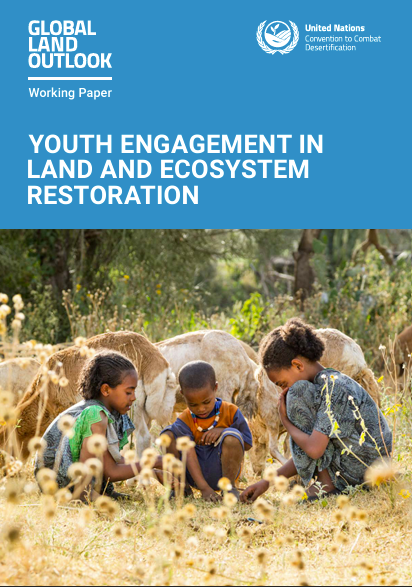Gender and land degradation neutrality: A cross-country analysis to support more equitable practices
Women and men have unequal opportunities to address land degradation. While adoption of Sustainable Development Goal target 15.3 leads the world to ‘strive towards land degradation neutrality (LDN)’ by 2030, gender concerns are sparsely considered in LDN programming to date. To achieve LDN in regions with deeply entrenched socio‐cultural norms requires gender‐responsiveness, accounting for the varied gender components of land degradation.



